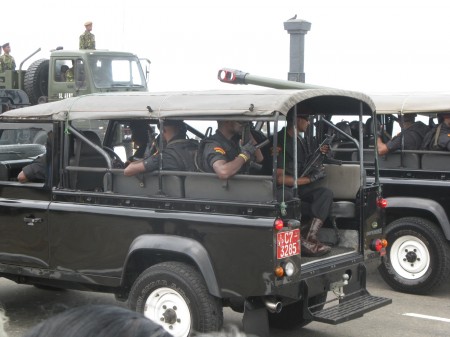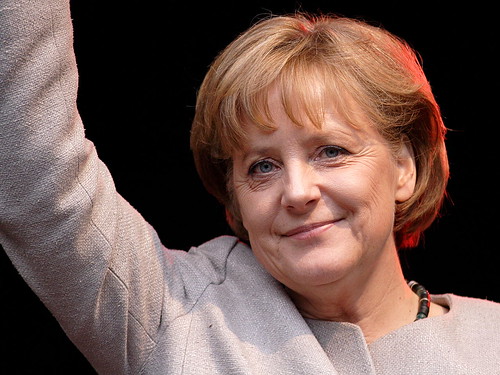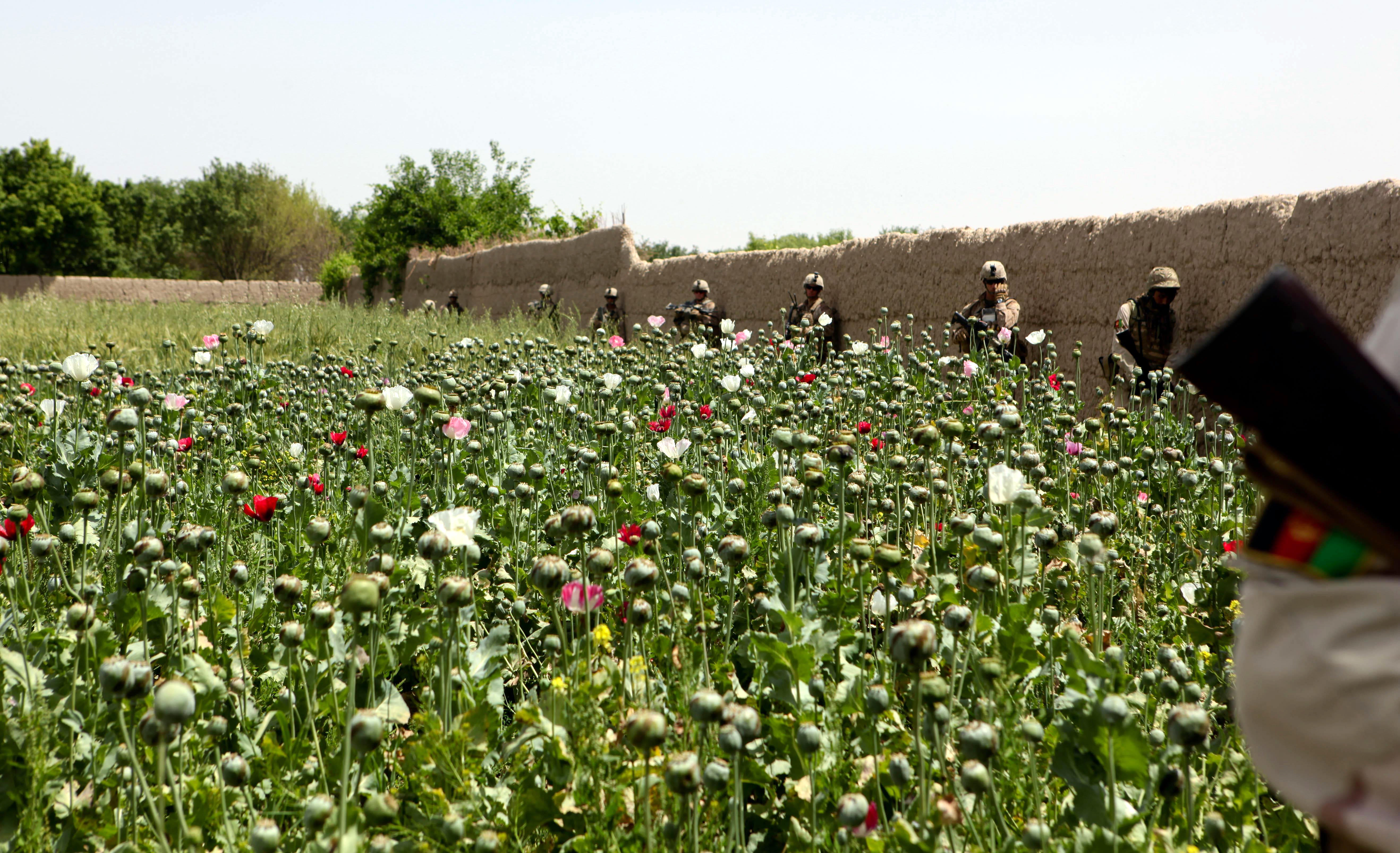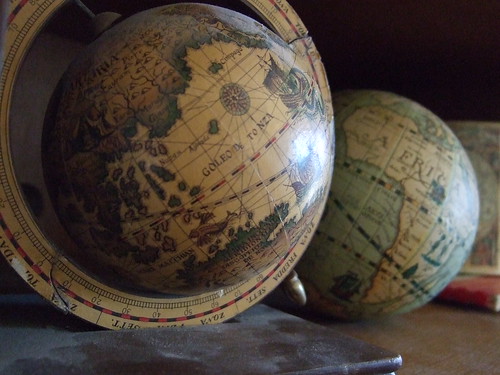
Many in Sri Lanka had hoped that the arrival of world leaders for the Commonwealth Heads of Government Meeting (CHOGM) in Colombo recently would have signalled the triumphant re-emergence of Sri Lanka on the world stage, having cast off doubts about war crimes committed at the end of its 25-year-long civil war and concerns about the increasingly authoritarian nature of its government.
Instead, the summit ended up being a political disaster for the Sri Lankan administration. Prominent leaders—of Canada, India and Mauritius—boycotted the event, only half of the Commonwealth’s 53 member states sent an actual head of government (the others were represented at a more junior level) and those leaders who did turn up insisted on asking questions publicly about accountability for war crimes allegedly committed at the end of the civil war.




